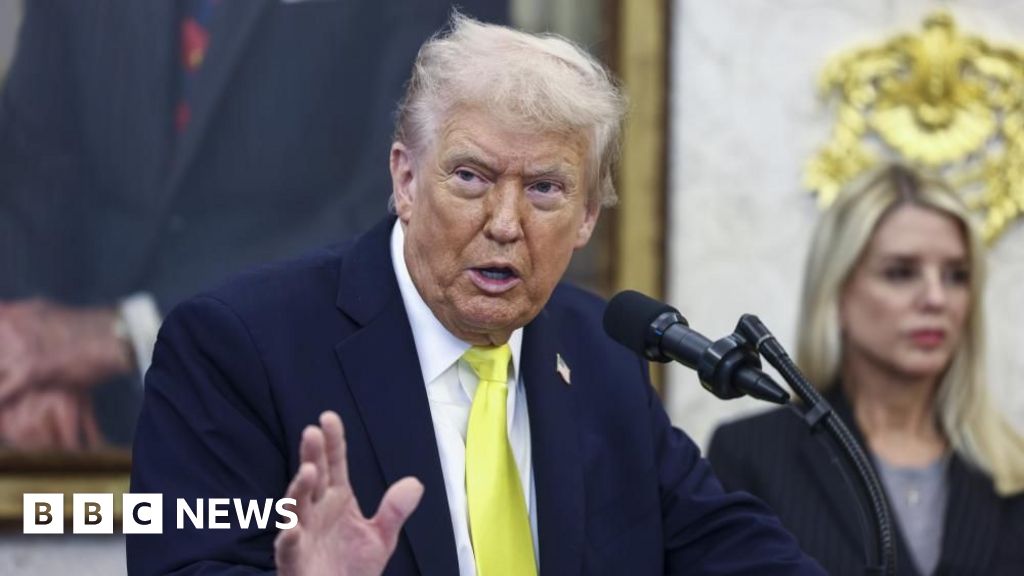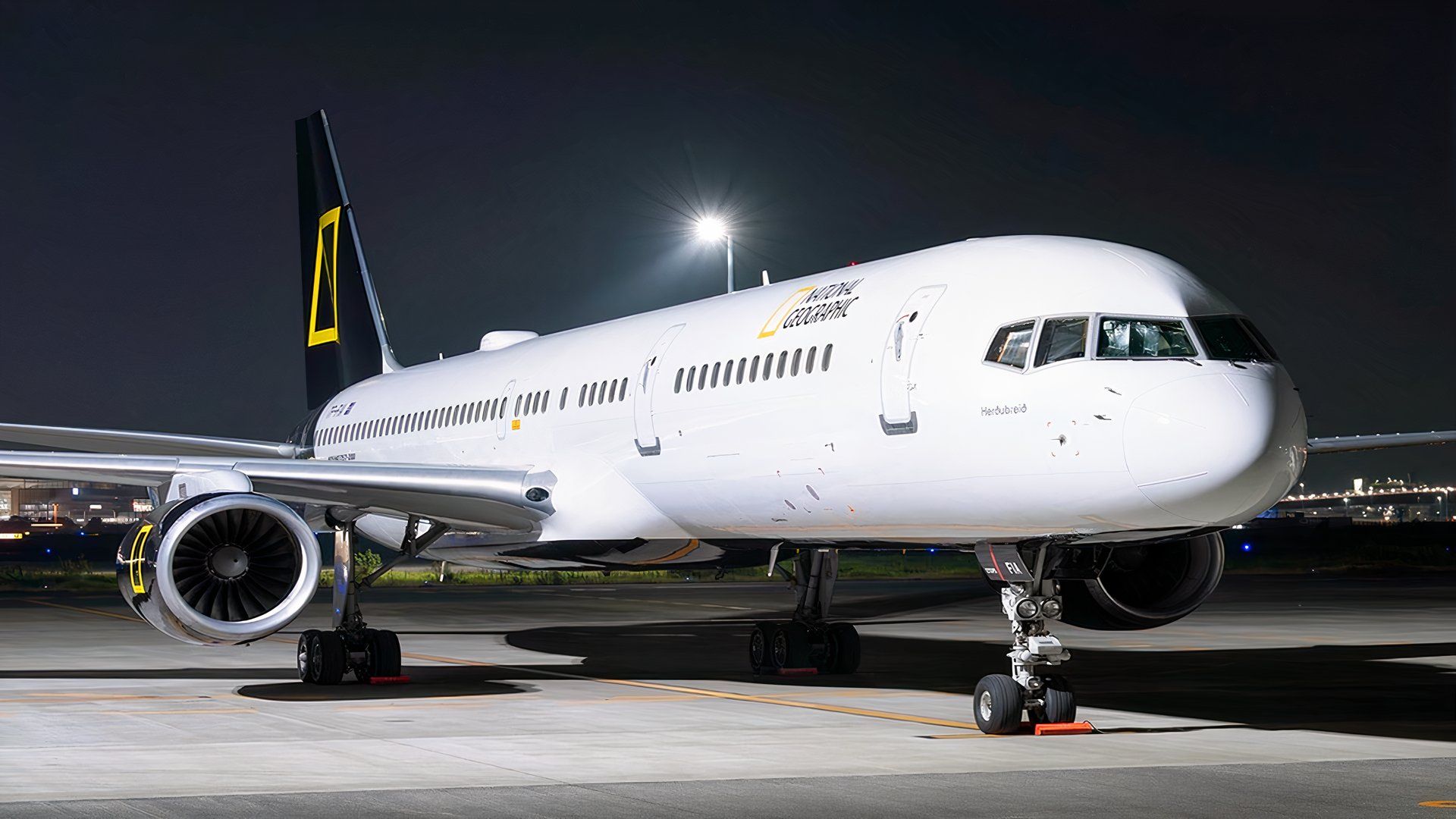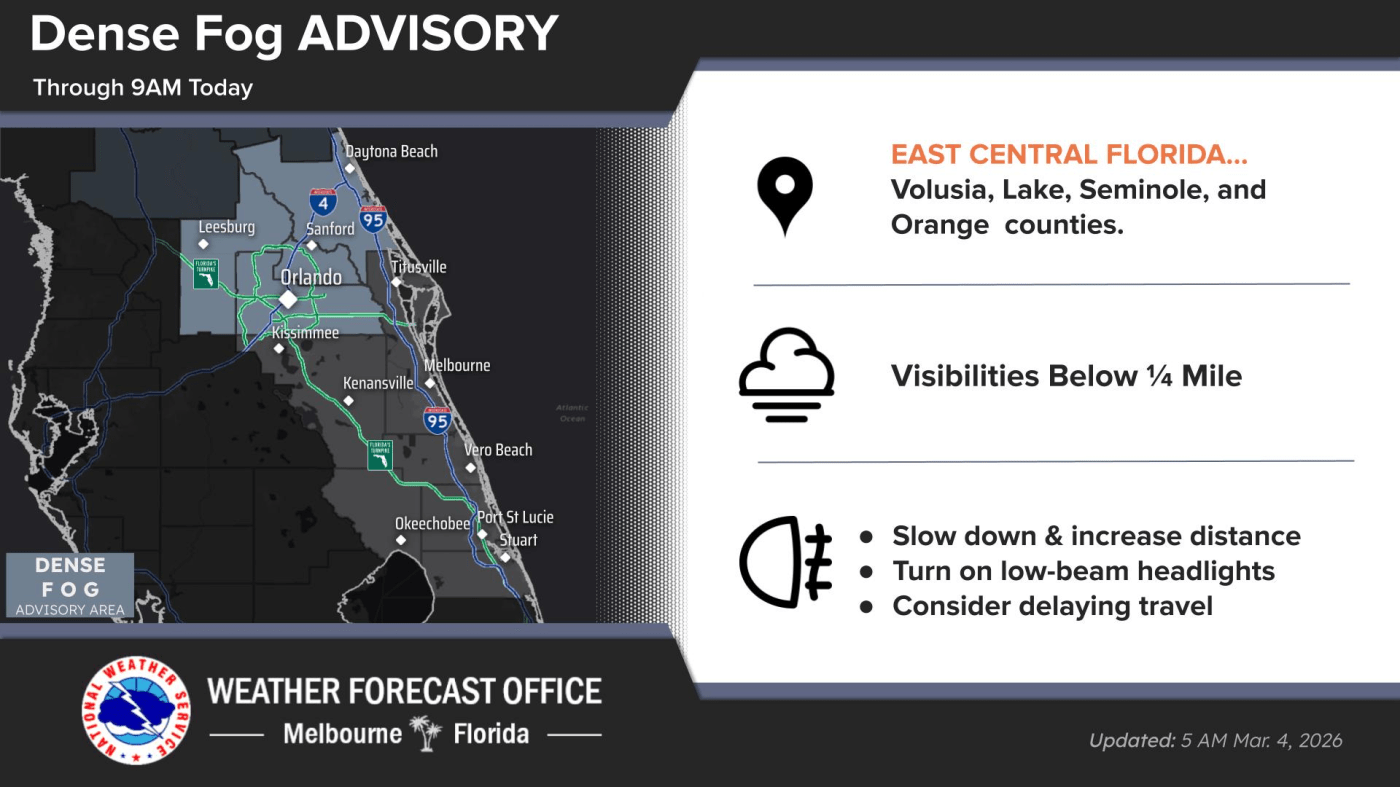
President Donald Trump has confirmed that he has authorised the CIA to conduct covert operations within Venezuela. During a press briefing in the Oval Office, Trump indicated he is also considering military strikes aimed at drug cartels operating in the region. This announcement follows a series of recent US military actions, which reportedly included at least five strikes against vessels suspected of drug trafficking in the Caribbean, resulting in the deaths of 27 individuals.
The prospect of US military operations has raised alarm in Caracas, particularly as the Trump administration intensifies its pressure on President Nicolas Maduro. The US does not recognise Maduro as Venezuela’s legitimate leader following disputed elections. According to a report by the New York Times, Trump’s authorisation permits the CIA to carry out unilateral operations in Venezuela or as part of broader US military activities.
While details about potential CIA operations remain unclear, Trump addressed the press alongside FBI Director Kash Patel and Attorney General Pam Bondi. He stated that the decision to authorise CIA actions stemmed from two primary concerns: the influx of Venezuelan prisoners into the United States and the significant drug trafficking associated with the country. “We have a lot of drugs coming in from Venezuela,” Trump noted, adding that many drugs are smuggled by sea but that the US intends to combat these routes on land as well.
When questioned about whether the CIA’s authorisation could lead to efforts to unseat Maduro, Trump refrained from providing a direct answer, citing the absurdity of the question. The most recent military strike occurred on March 15, 2024, when six individuals were killed near the Venezuelan coast. On his social media platform, Truth Social, Trump stated that “intelligence confirmed the vessel was trafficking narcotics” and had connections to illicit networks operating along known drug-trafficking corridors.
Despite the US claims, officials have not disclosed the specific drug-trafficking organisations involved in these operations or the identities of those aboard the targeted vessels. These strikes are part of a larger military strategy aimed at exerting pressure on Maduro’s government, which has seen the deployment of significant air and naval assets to the region, including approximately 4,000 troops.
In a recent memo leaked to US lawmakers, the administration classified its engagement with Venezuelan drug-traffickers as a “non-international armed conflict.” Allegations have surfaced that Maduro is linked to a group known as the Cartel of the Suns, which reportedly includes high-ranking officials within the Venezuelan military and security sectors involved in narcotics trafficking. Maduro has consistently denied these accusations and condemned the US strikes as violations of sovereignty.
The evolving situation in Venezuela continues to prompt international scrutiny, particularly regarding human rights implications and the potential for escalating military intervention. As the US government navigates its strategy in the region, the focus on drug trafficking and its implications for national security remains a central theme in its foreign policy approach toward Venezuela.






